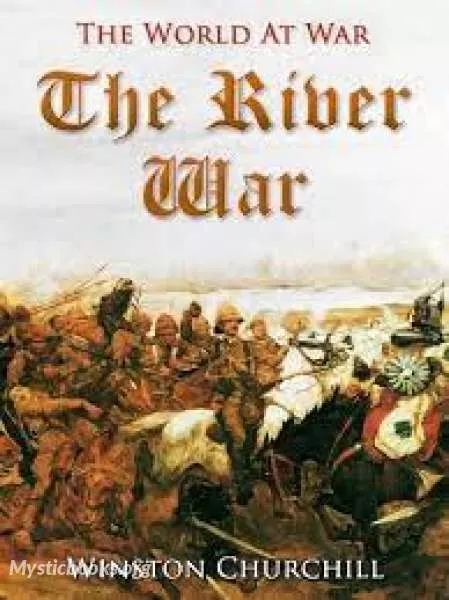
The River War: An Account of the Reconquest of the Sudan
'The River War: An Account of the Reconquest of the Sudan' Summary
Aware that there was a war in Sudan, Churchill was determined to be part of it. He was not alone in this, because in a time generally of peace, many British Army officers wanted experience of battle to further their careers. In Churchill's case, he did not see his career as lying with the army, but had already started writing about wars and wanted a new campaign to write about. He first attempted to obtain a transfer from his regiment stationed in India to the 21st Lancers, which was the unit taking part in the war. This was granted by the War Office, but rejected by the commander of the British force in Sudan, General Kitchener. Churchill next took leave to Britain, where he enlisted friends and family to lobby Kitchener to permit him to take part. This continued to be unsuccessful, even when the prime minister Lord Salisbury made an inquiry on his behalf. Eventually, however, he prevailed upon Sir Evelyn Wood, Adjutant General of the Horse Guards, who had authority over appointments to the regiment in England, and he received an attachment to the Lancers in place of an officer who had died, on 24 July 1898. On 5 August he was in Luxor and on 24 August the regiment set out from Atbara to attack the Mahdist forces.
Before leaving London, Churchill obtained a commission to write accounts of the war for the Morning Post, producing 15 articles, which were printed in the newspaper between 23 September and 8 October 1898, for which he was paid £15 (equivalent to £1,683 in 2019) per article. This helped offset his expenses for the trip, which the War Office had declined to meet, as well as refusing any liability should he be killed or injured. The Times had two correspondents covering the war, one of whom was killed and another injured, and Churchill wrote a piece for this newspaper also, but Kitchener vetoed the sending of the report.
After the Battle of Omdurman the Lancers were ordered to return to other duties, so Churchill's personal experience of the war ceased at that point. Although Omdurman had been taken from Khalifa Abdullahi, the Khalifa himself escaped and was not captured for another year. A number of participants were to play important parts in the First World War. Aside from Churchill and Kitchener, captains Douglas Haig and Henry Rawlinson became generals in the war, while Lieutenant David Beatty, then commanding a Nile gunboat, became an admiral and commanded the British Grand Fleet.
Churchill returned to England to complete his leave, before returning to India for three months and finally resigning from the army. As a direct result of Churchill's writings, a rule was introduced prohibiting serving officers from also acting as war correspondents. This was one factor contributing to his leaving the army, since his earnings from writing were some five times greater than his army pay during his three years of army service.
In India Churchill visited the Viceroy, Lord Curzon, who had himself written a history of "Persia and the Persian Question" eight years before. He read everything he could find containing background information about the Sudan. On the way home he stopped for two weeks in Egypt to visit Lord Cromer, then in charge of the Egyptian government, who read through the text and made suggestions and corrections, in particular playing down the popular impression of General Gordon, murdered by the Mahdi's forces fourteen years before, as a hero. While in Cairo he spoke to Slatin Pasha, author of a work about the Sudan, Sir Reginald Wingate, Director of Intelligence on Kitchener's staff, Edouard Girouard, responsible for building railways through Egypt which allowed the British advance, and others who had played some part. Sailing home across the Mediterranean, Churchill had as a fellow passenger George Warrington Steevens, who was also a war correspondent, working for the Daily Telegraph. They had met on a couple of previous occasions, and Churchill prevailed upon him also to read the manuscript. His suggestion was to reduce the degree of philosophising that, despite the accuracy of Churchill's commentary, might bore the reader.
Book Details
Authors

Winston Churchill
United Kingdom
Sir Winston Leonard Spencer Churchill was a British statesman who served as Prime Minister of the United Kingdom from 1940 to 1945, during the Second World War, and again from 1951 to 1955. Although b...
Books by Winston ChurchillDownload eBooks
Listen/Download Audiobook
- Select Speed
Related books
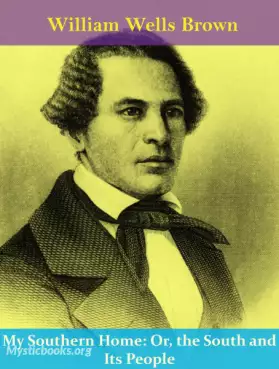
My Southern Home or The South and Its People by William Wells Brown
William Wells Brown was born a slave, near Lexington, Kentucky. His mother, Elizabeth, was a slave; his father was a white man who never acknowledged...

History of Greece to the Death of Alexander the Great, Vol II by John Bagnell Bury
J.B. Bury wrote his “History of Greece” before World War I, but it is such a good overview of classical Greek history that the third edition was still...
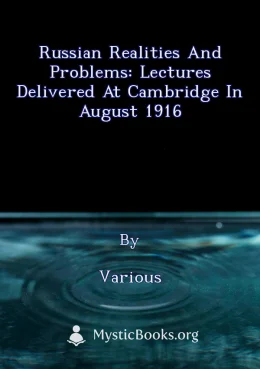
Russian Realities and Problems: Lectures delivered at Cambridge in August 1916 by Various
This book presents a collection of lectures delivered at Cambridge University in 1916, offering insights into various aspects of Russia during a pivot...

King Henry IV, Part 2 by William Shakespeare
Henry IV, Part 2 is a history play by William Shakespeare, believed written between 1596 and 1599. It is the third part of a tetralogy, preceded by Ri...

Chronicles of Canada Volume 17 - Tecumseh: A Chronicle of the Last Great Leader of His People by Ethel T. Raymond
Tecumseh was a leader of the Shawnee and a large tribal confederacy that opposed the United States during the War of 1812. He became a folk hero remem...
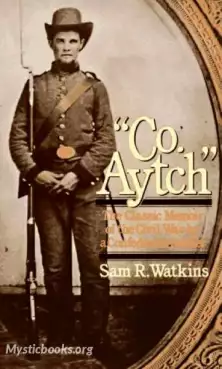
Company Aytch: Or, a Side Show of the Big Show by Samuel R. Watkins
Samuel “Sam” Rush Watkins was a noted Confederate soldier during the American Civil War. He is known today for his memoir Company Aytch: Or, a Side Sh...
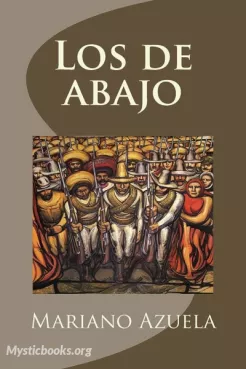
Los de Abajo Mariano Azuela by Mariano Azuela
En medio del rugir de los fusiles y el clamor de la libertad, surge una historia épica que te atrapará desde la primera página. "Los de Abajo" de Mari...

Call by Rupert Brooke
“The Call” is a collection of poems by Rupert Brooke, primarily known for their idealistic and romantic depiction of war. Brooke's verse, often chara...

Henry the Seventh by James Gairdner
Henry VII, the founder of the Tudor dynasty, less known than his son, Henry VIII, or granddaughter Elizabeth I, is often overlooked. This King toppled...
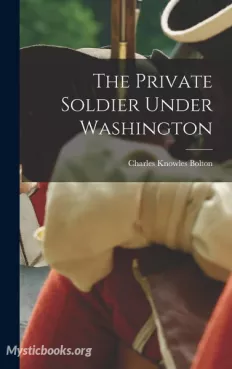
The Private Soldier Under Washington by Charles Knowles Bolton
Step back in time and discover the untold stories of the unsung heroes who stood shoulder to shoulder with General George Washington during the tumult...
Reviews for The River War: An Account of the Reconquest of the Sudan
No reviews posted or approved, yet...